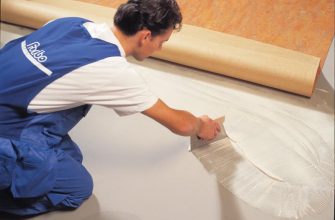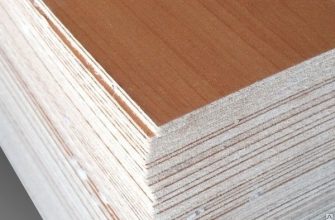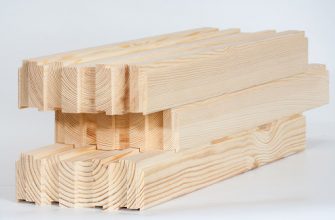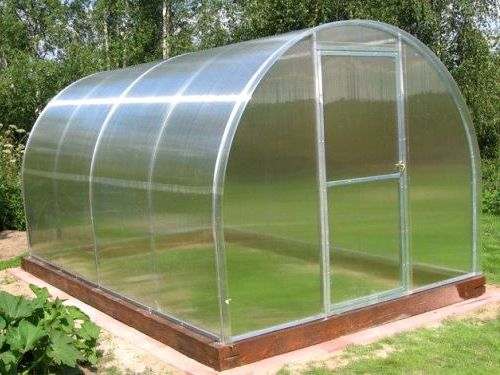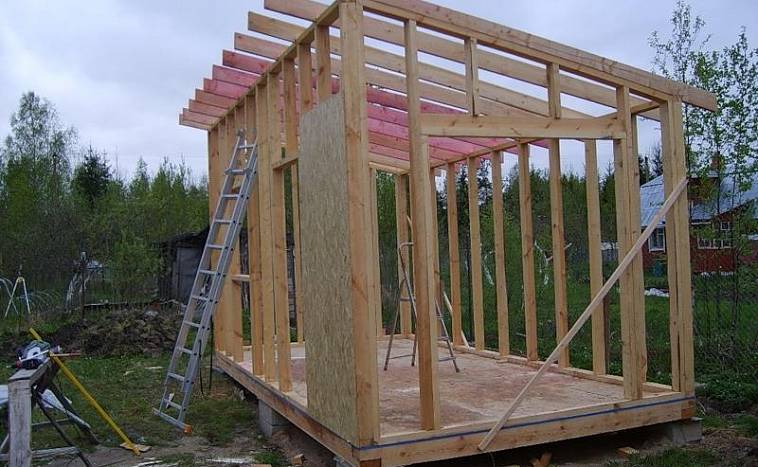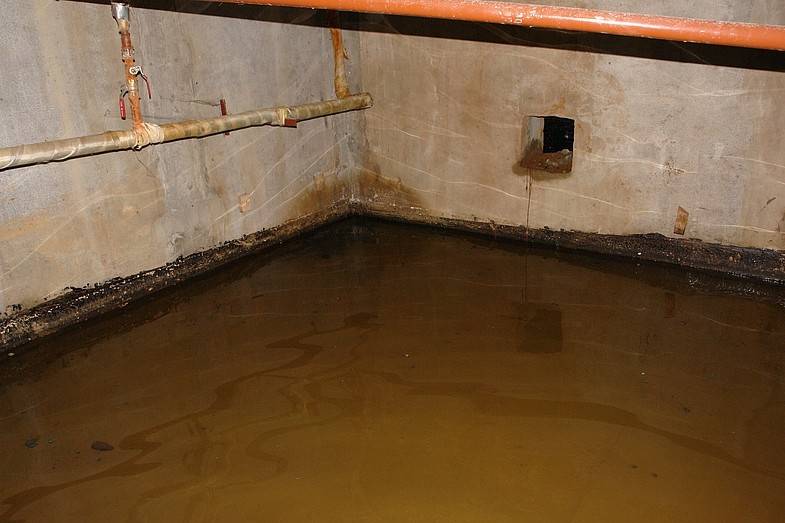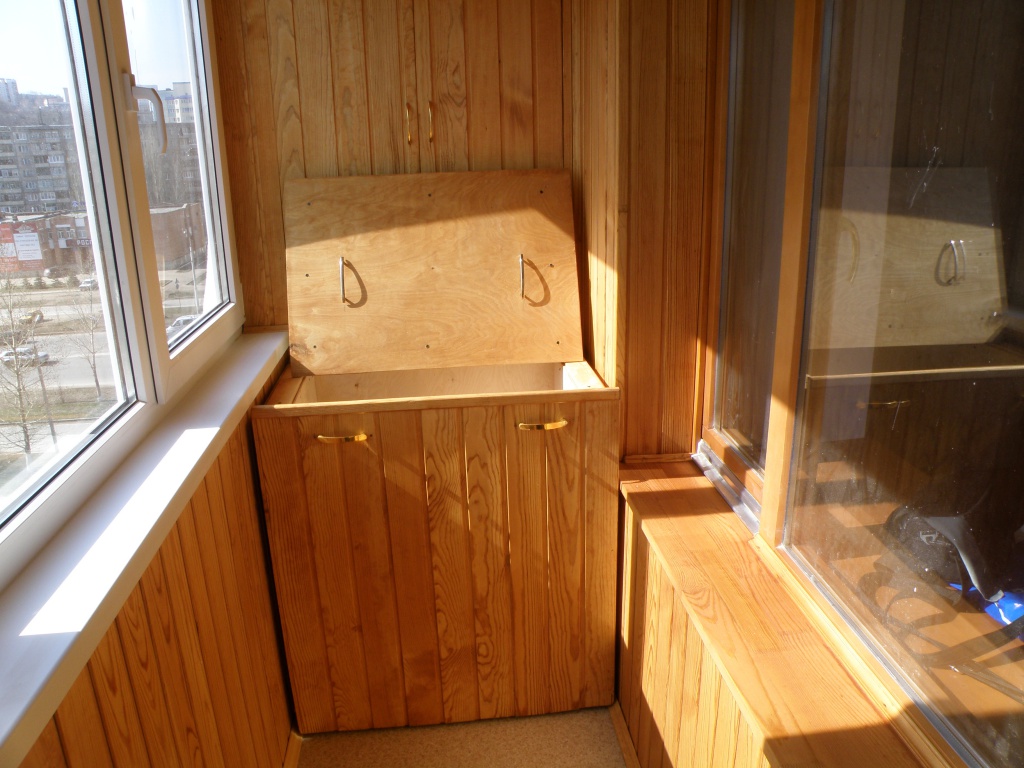A garage is an outbuilding designed to store a car, tools and other things. More often, concrete or brick is used for its construction. Blocks are also used to build a garage. They have different technical and strength characteristics that must be considered before making a choice.
Varieties of building blocks
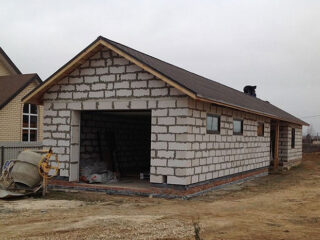
Building material for utility structures is mainly of high strength, large dimensions. The following products are popular:
- foam blocks;
- aerated concrete and gas silicate elements;
- cinder blocks;
- composites from expanded clay and concrete mixture.
The material for the construction of the garage is chosen depending on its cost, the required characteristics and strength, additional qualities, and the features of the subsequent finishing.
Foam concrete blocks
For the manufacture of foam concrete, water, cement, mineral fillers are used. Another important component is the blowing agent. This material has different densities, so it can be used to equip the foundation and walls. It is inexpensive. The products are resistant to wear and tear, aggressive chemicals, and fire.
There are such brands of foam concrete:
- D900-1200. The material has a high density and is suitable for the construction of multi-storey buildings.
- D500-900. Blocks are used for the construction of bearing walls of buildings. Additionally, they have thermal insulation properties.
- D200-500. Products have a low level of strength. They are used for thermal insulation of structures.
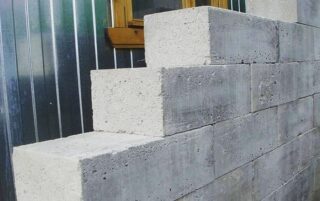
Foam blocks for the garage are characterized by the following advantages:
- low cost;
- strength;
- durability;
- ease of installation and processing;
- resistance to processes of decay, cracking, ignition.
Garage walls require additional finishing, as the surface of the blocks is porous. To increase the resistance of the structure to moisture, you can use plaster mixes.
For the installation of foam blocks, special skills are not required, so you can do the work yourself. If the garage will not be heated, it is better to use a material with a thickness of 20 cm.
Aerated concrete blocks
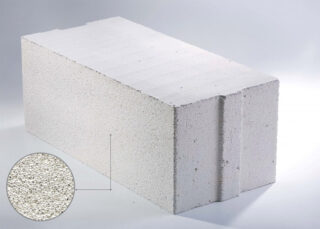
The composition of aerated concrete contains cement, quartz sand, water and lime, as well as aluminum powder as a blowing agent. After combining the components, the mixture is processed in an autoclave. Air bubbles make up about 85% of the total volume of the product. Their size ranges from 0.6-3mm.
Since the mixture is subjected to vibrocompression, the solution sets quickly. You can make the material yourself, but in this case its strength will not exceed 12 kgf / m². Each element has certain dimensions: thickness - 7.5-20 cm, width - 7.5-50 cm, height - 20-25 cm.
With a high density, the material is lightweight. Aerated concrete blocks are used to build not only garages, but also summer cottages and country houses. They are easy to install, easy to process.
Additional benefits:
- good vapor permeability;
- low degree of thermal conductivity;
- ecological purity (the product contains only natural ingredients and does not emit toxins);
- ease of installation: due to the large dimensions and low weight, construction work can be carried out with your own hands, the time for building a garage is reduced;
- correct geometric shape and perfectly smooth surface;
To reduce the masonry layer, special glue is used to connect the elements. Since the material is mostly gray or black, it requires additional decorative finishing. Since the structure of aerated concrete is cellular, reinforcement can improve the quality of the masonry.
Cinder blocks
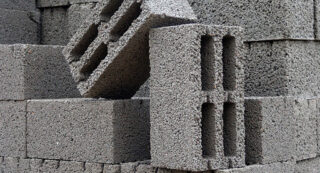
Cinder blocks are intended for low-rise construction. A feature of the material is its loose structure. For its manufacture, you can use not only slag, but also crushed stone, gravel, expanded clay, sand, brick breakage, glass. Such blocks are hollow or solid. The mass of the elements ranges from 14-28 kg.
The density of the material is 750-1500 kg / m³. It has a low thermal conductivity (up to 0.65 W / m * K). Thanks to this, additional insulation of the garage is not required. The service life of a cinder block building is about 100 years when optimal conditions are created. The elements are produced by vibrocompression. Thanks to the large volume of blocks, construction work is carried out quickly.
Such products are rarely used, since they have an unaesthetic appearance and require additional finishing, protection from moisture. Due to the high porosity of the blocks, heavy tool cabinets cannot be hung on the walls. In addition, cinder blocks do not always have the correct geometry.
Cinder blocks practically do not shrink. The material is versatile and capable of absorbing noise well, but it quickly degrades if not stored or transported correctly.
Expanded clay blocks
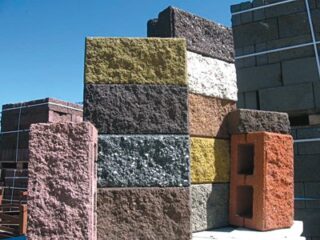
If you need to build an insulated garage, expanded clay blocks are suitable. The main feature of the material is a low level of thermal conductivity (up to 0.65 W / m * K). For the construction of walls, structural and heat-insulating elements are used. The unit has the following technical characteristics:
- specific gravity: 600-1800 kg / m³;
- resistance to negative temperatures: up to 500 freeze-thaw cycles;
- vapor barrier: up to $ 0.4
- temperature range: from -180 ° С to + 1000 ° С;
- liquid absorption rate: up to 10%;
- strength: 35-500 kg / cm²;
- sound insulation level: up to 50 dB.
Expanded clay block is an optimal material for construction, which is environmentally friendly. For its manufacture, fine-grained sand, expanded clay granules, and cement are used. The product is lightweight and flame-resistant. The walls will not crack even with sudden changes in air temperature. Fungus and mold do not develop on the surface of the blocks, they are resistant to damage by insects.
The only feature of using expanded clay concrete is its need for protection from moisture.
What blocks are better for building a garage
If a decision was made to use blocks for the construction of a car garage, the choice is influenced by the technical characteristics. The largest specific gravity is for products made on the basis of slag and expanded clay. These materials have practically no shrinkage, while for cellular concrete it is about 1.2-1.5.
Expanded clay concrete is considered the most durable. Without additional insulation, you can build a garage from aerated concrete.

